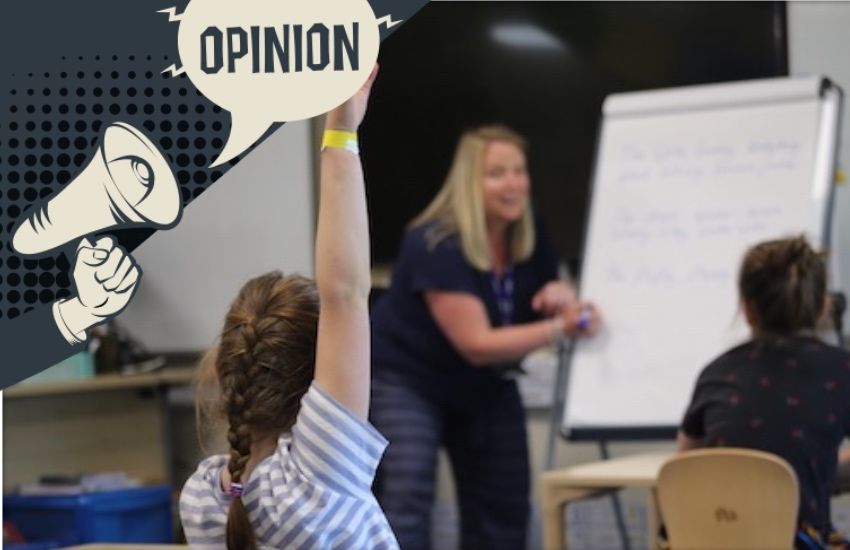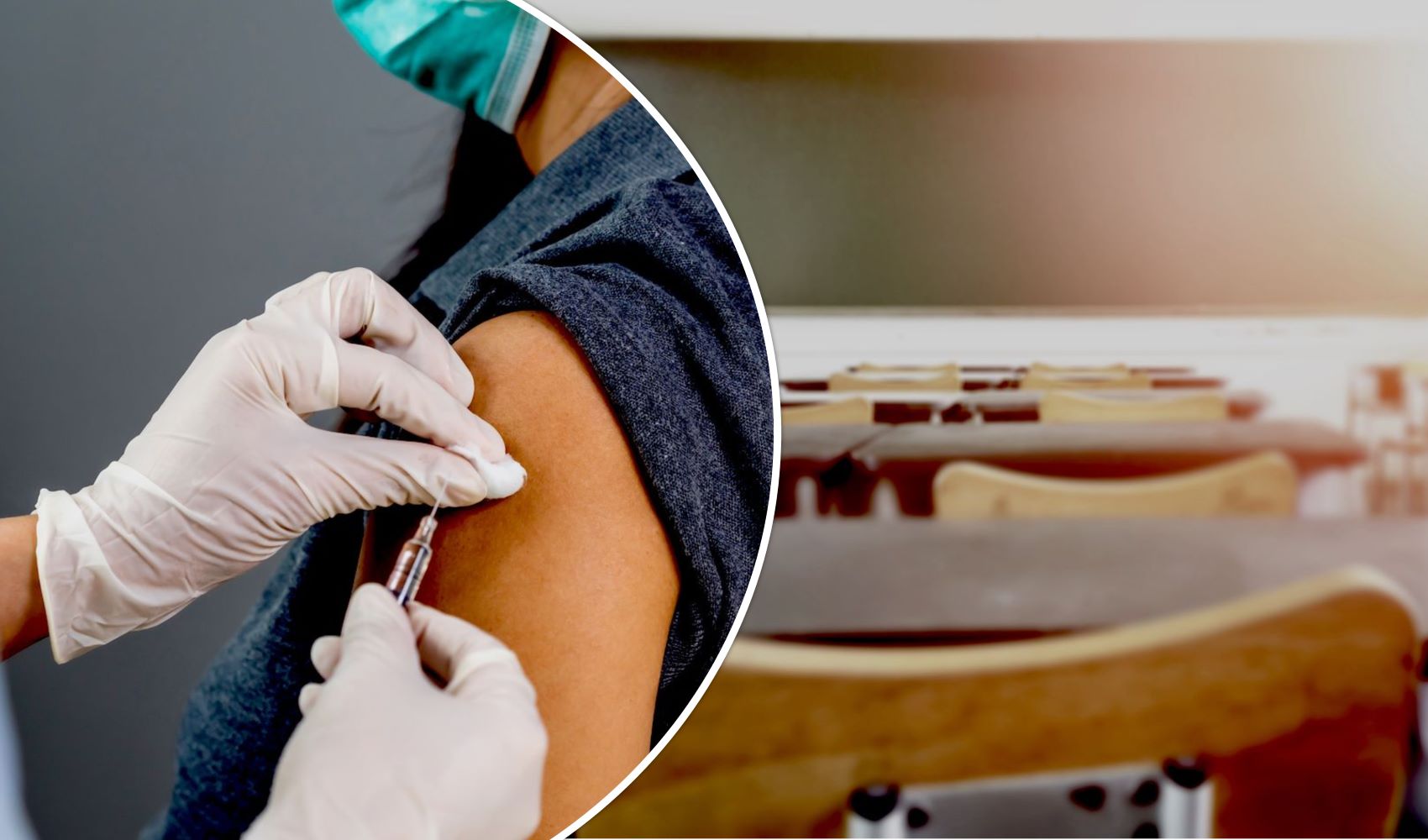


We have been informed that education officials are meeting to develop a plan to prevent the ‘chaos’ caused by the pandemic in schools.
Older students and those most vulnerable now have the chance of vaccination.
And it is being mooted that others will get regular lateral flow tests. Baton this onto existing preventative measures such as ‘Hands-Face-Space’ and schools now have a blueprint. This virus is not going away anytime soon, so all aspects need to become integrated into good classroom practice. Children will take comfort from such routines. If they can add to this proper classroom ventilation (not just opening windows and doors) then their job is done - but is it?
The risk of infection might be reduced but the legacy of eighteen months of being subjected to the vagaries of the pandemic has left an indelible mark on our children. Despite their remarkable success, gaining excellent grades in the face of limited tuition, unsettling school days and the fear of contagion at any time, critics are out in full force, deriding their achievement as ‘grade inflation’.

Pictured: vaccination is now being offered to those above 16.
Surely the children of Jersey have suffered enough. Enough trauma, enough anxiety, enough stress. STAC have highlighted a 20% increase in referrals to CAMHS. In a crisis, surely, as THAT pledge promised, those corporate parenting should "put children first" but time and time and again they have been sacrificed on the altar of political expediency.
We were told from the start of the pandemic that children are largely unaffected by the disease. Only now is the public seeing that those of school age do transmit the disease, presently taking up the largest percentage of those infected. Professor Devi Sridhar of Edinburgh University has warned that ‘long covid’ is a major risk for those under a certain age. It is an aspect of the disease that affects around 25% of those that get infected, even those, like many young people, that are asymptomatic. Dr Sridhar even suggests that, if things do not change, covid-19 may become a disease of the young.
Maslow’s 'Hierarchy of Needs' is a motivational theory used in psychology. It points out that a child’s full potential as a learner cannot be achieved unless earlier needs are met. The basic need is physiological. If a child is ill they cannot function properly in class. The next level up is about emotional stability and wellbeing. If a child is anxious they cannot function properly. Higher up still is the issue of esteem and especially self-confidence. Yes let’s have better access to counselling services but schools need to be pro-active and not just reactive.
Pictured: this year was the second that grades were largely based on teacher assessments.
Wellbeing is not just about physical health. As soon as schools were re-opened in January of this year management resorted to type. This included the perceived need for pupils to catch-up on lost learning. But what is the motive behind playing catch up? To support the child or to redress the imbalance in school performance statistics? If a child is anxious and/or stressed, the last thing that should be happening is for their guardians to be applying even more pressure. But this is exactly what some schools are doing. In the CYPES business plan for 2021, education performance targets are all about subject level percentages. The criterion for wellbeing is ‘academic proficiency’. There is no mention of mental health. If pupils do not meet the required level they are pressured to ‘perform’. Teachers get humiliated, often in public. All academic performance targets should be suspended.
Talk is of extending the school day and/or adding time at the weekend and eating into school holidays. This would certainly allow pupils more time to catch-up, assuming they will turn up. But where in all this does a child get to relax? When traumatised, people need time to recover, to de-stress, to re-charge their batteries. If the school day is extended it should not be to shoe-in more work but rather to allow for more relaxation time during the school day, for children to run around, to play, to chill with friends. Haute Valleé is an island leader in having wellbeing sessions during the day. Exercise also plays a key part in helping to alleviate anxieties, so why not more sport during the school day? Playing catch-up should not be included as a performance target.
Timing is key when it comes to remedial action. If a child is not emotionally ready, then extra work should be avoided. Over time, children will catch up. There is no rush. In relation to examinations, this can be done in a number of ways; cutting the number of subjects taken, prudent choice of examination syllabi (more teacher assessed). Now is not the time for ideological intransigence.